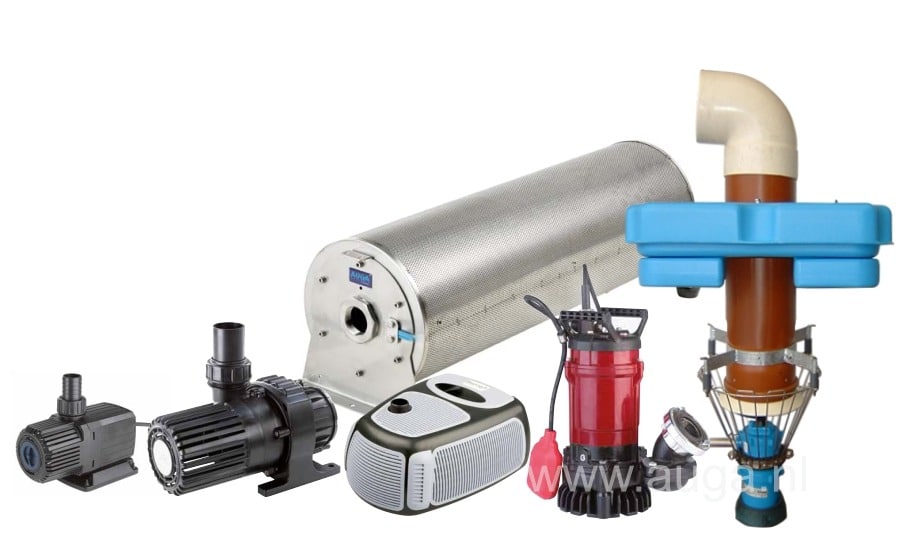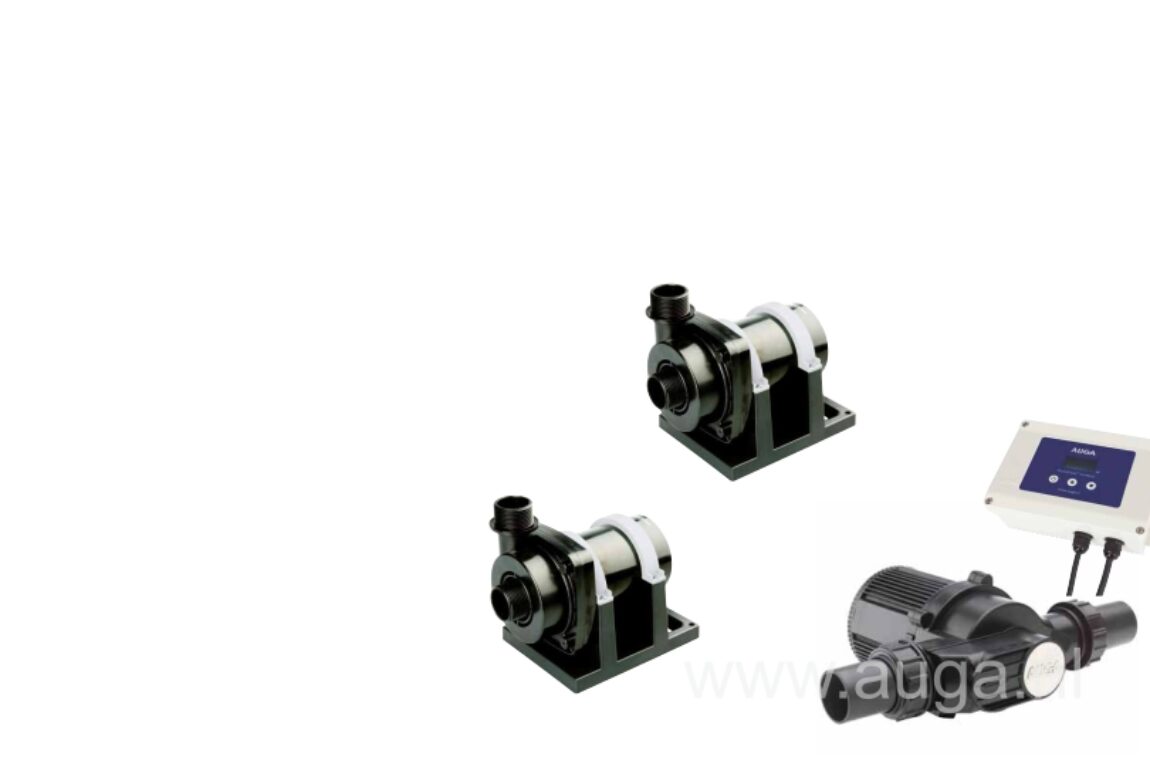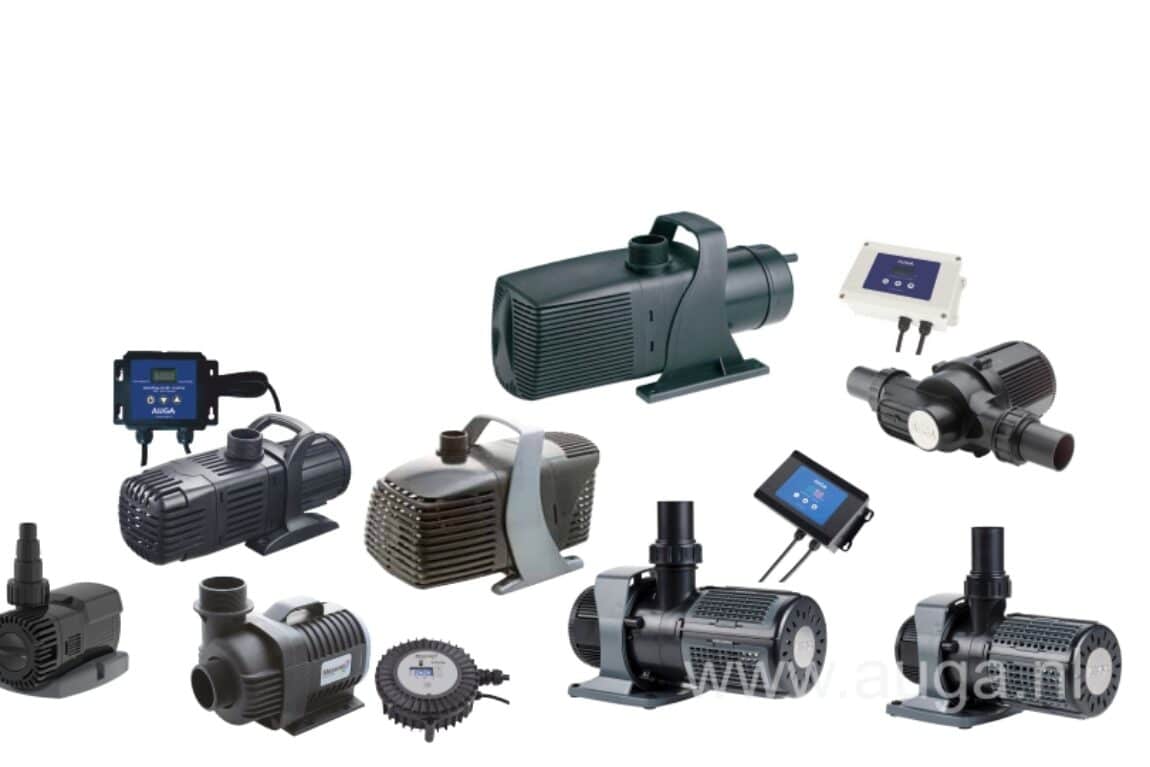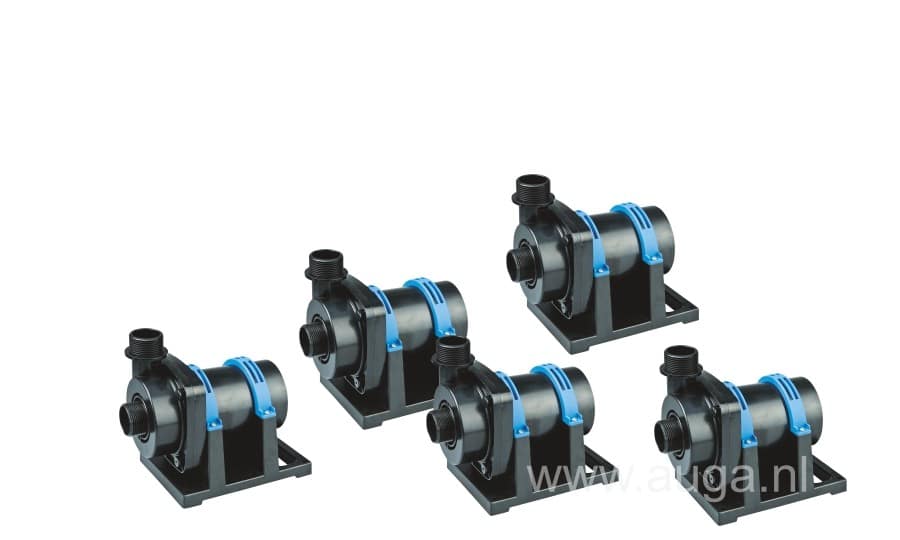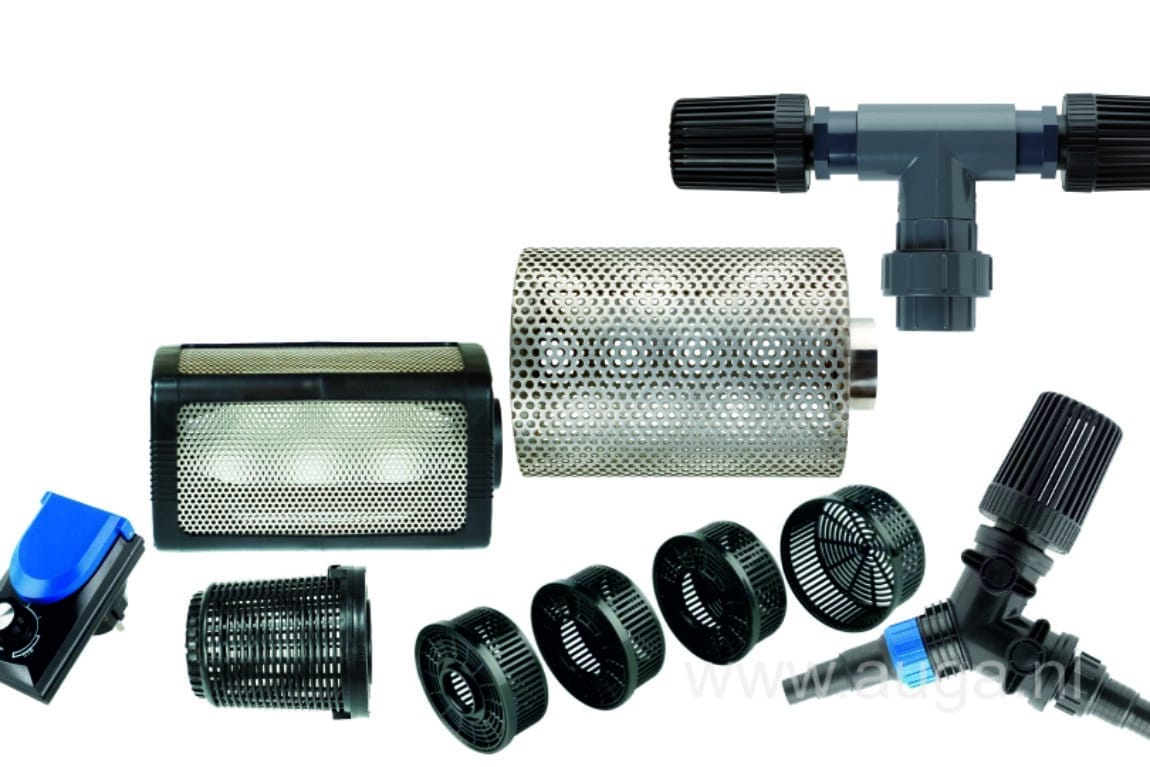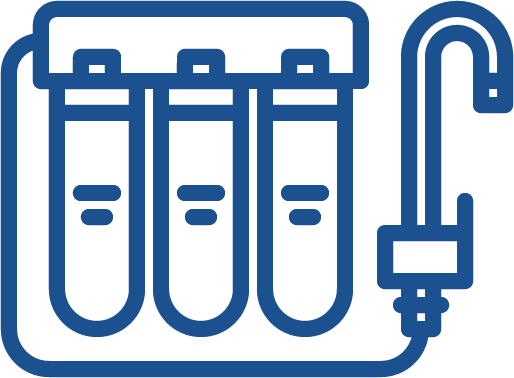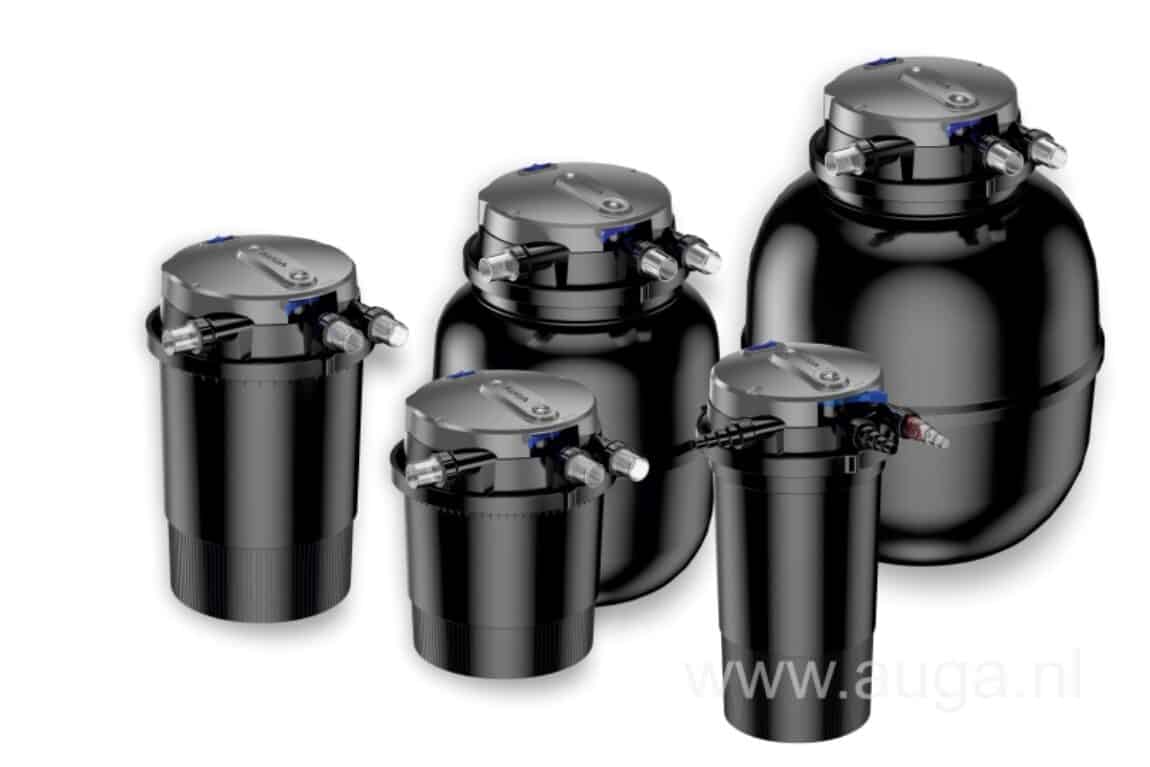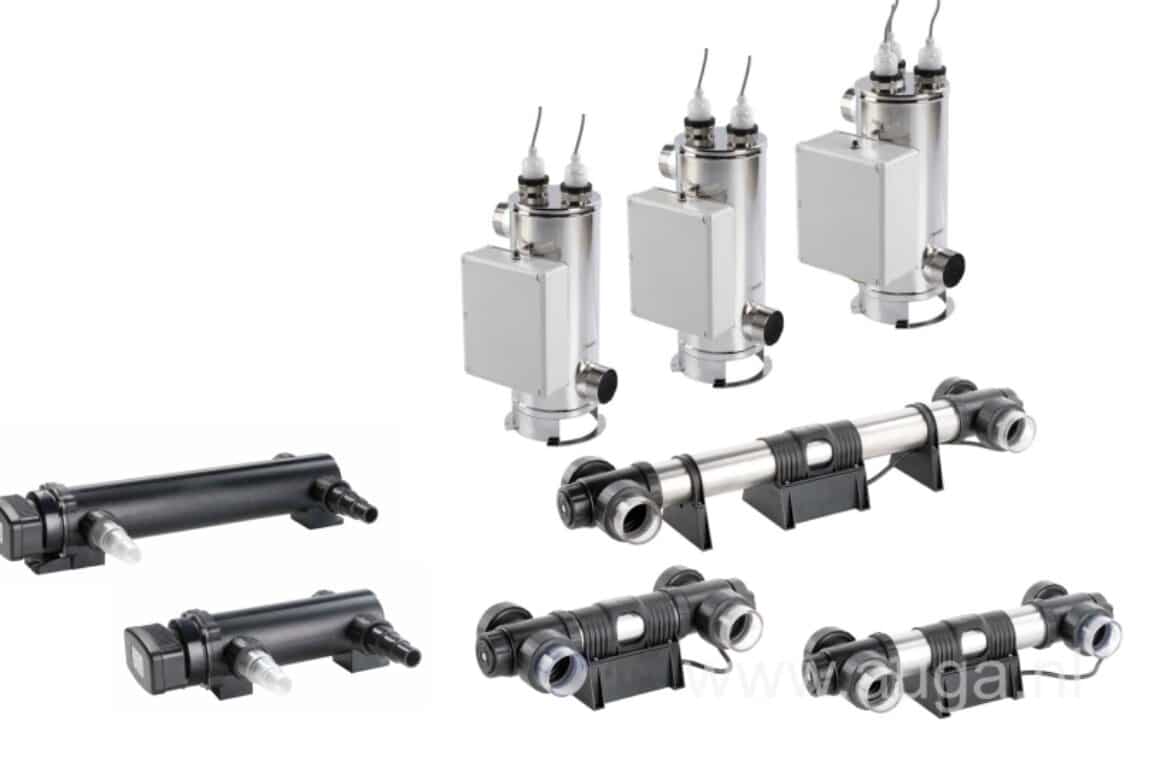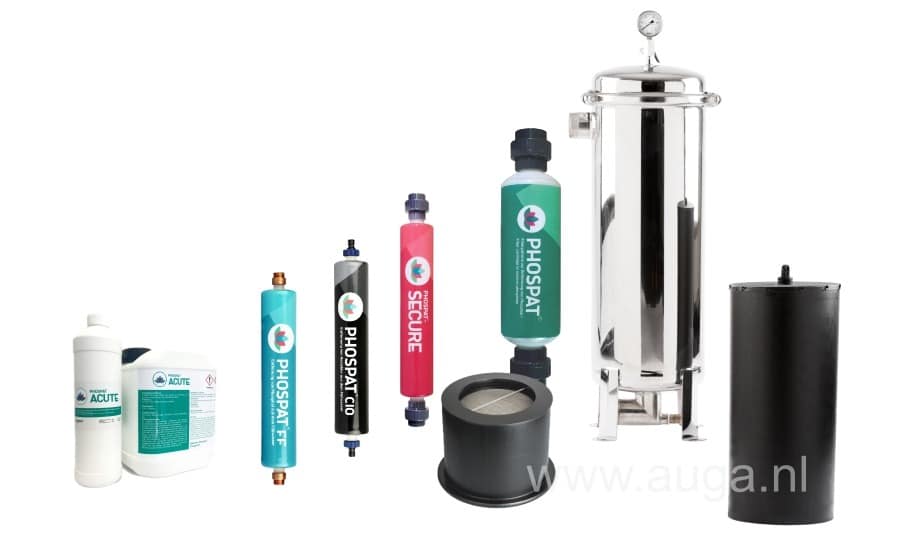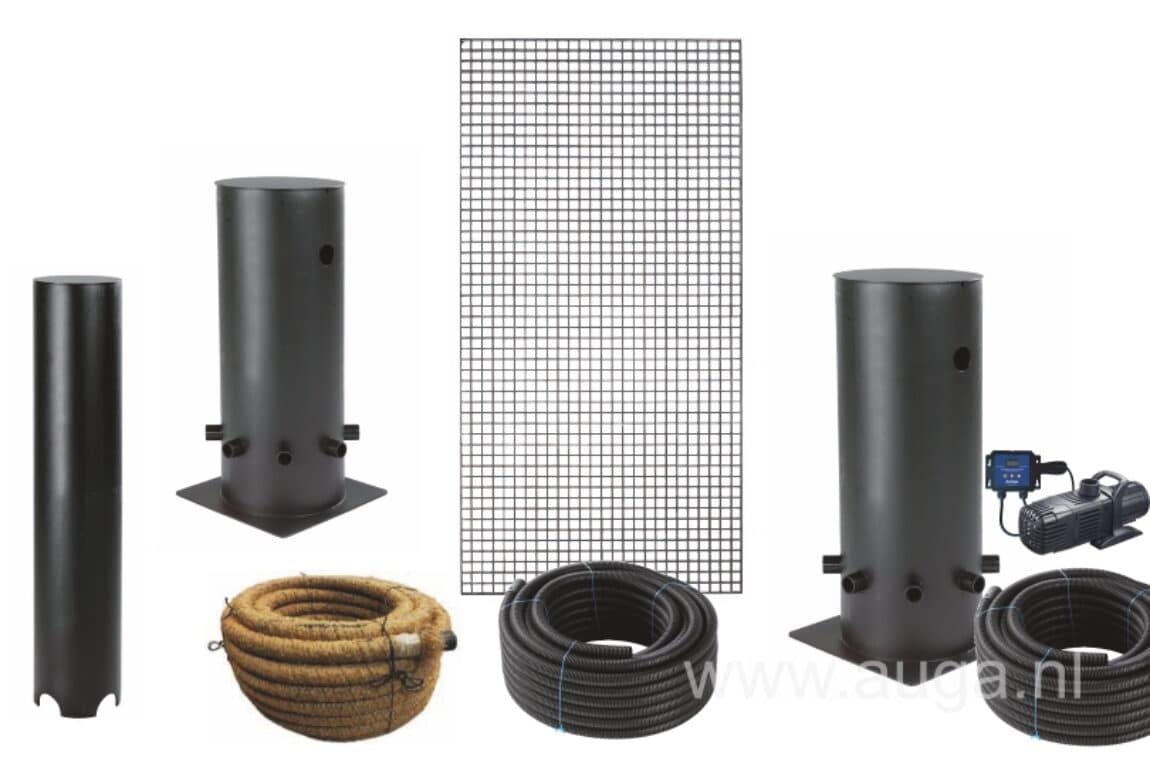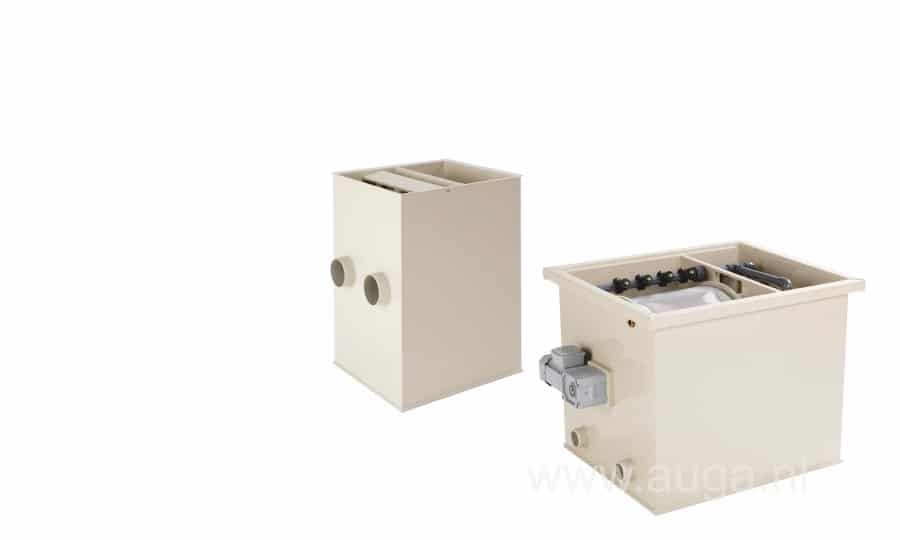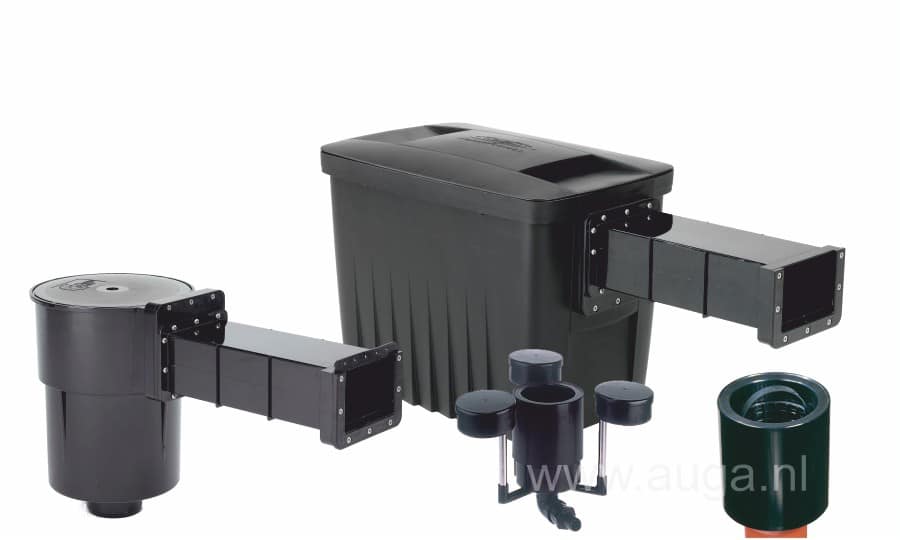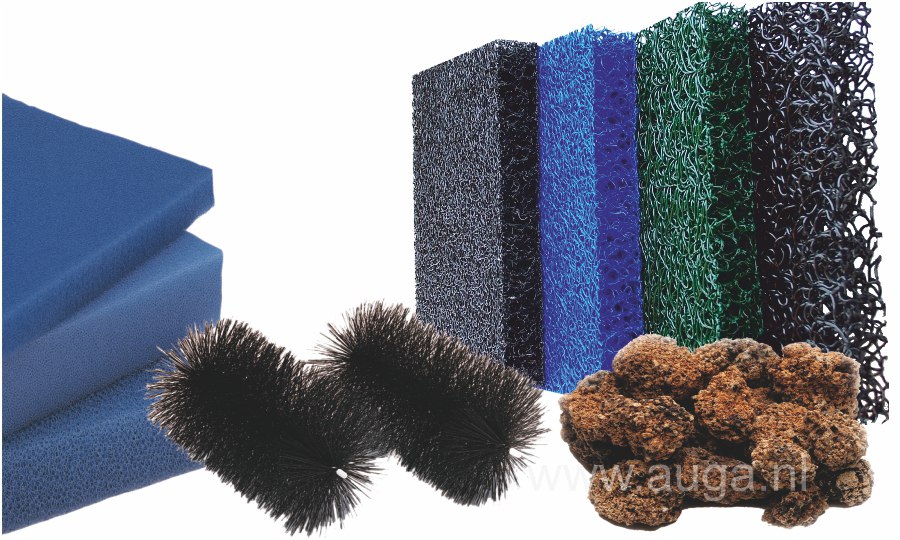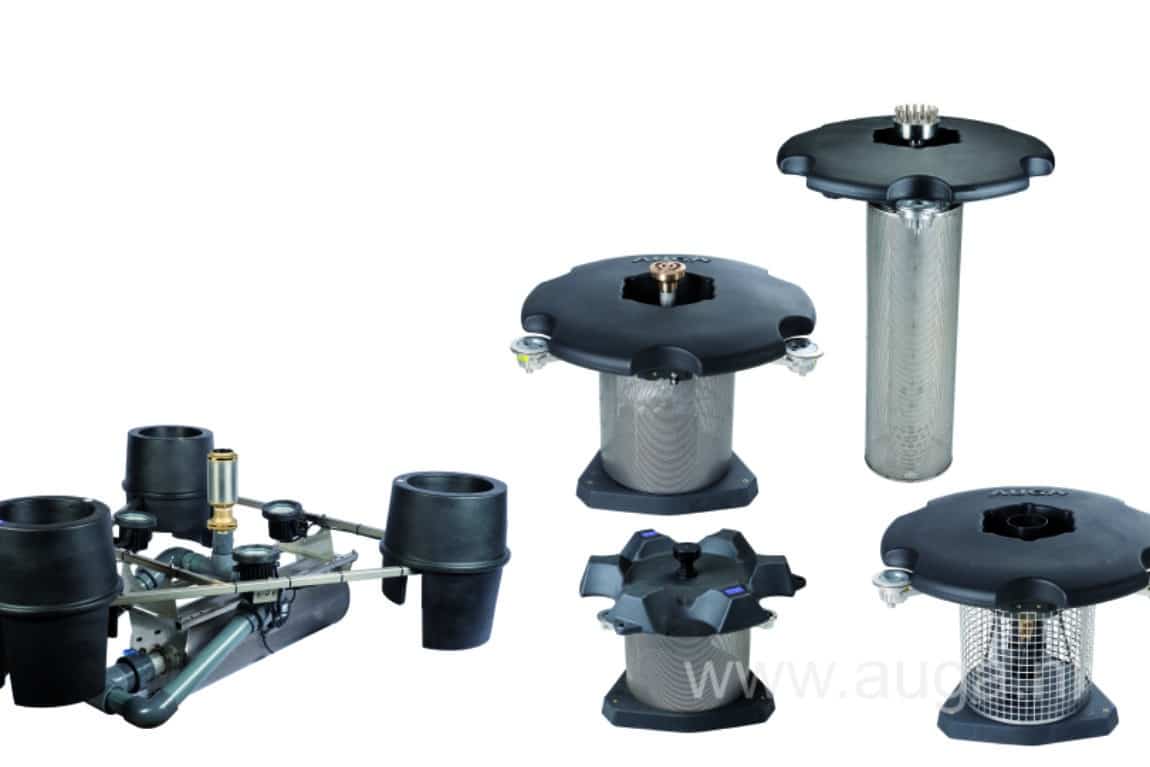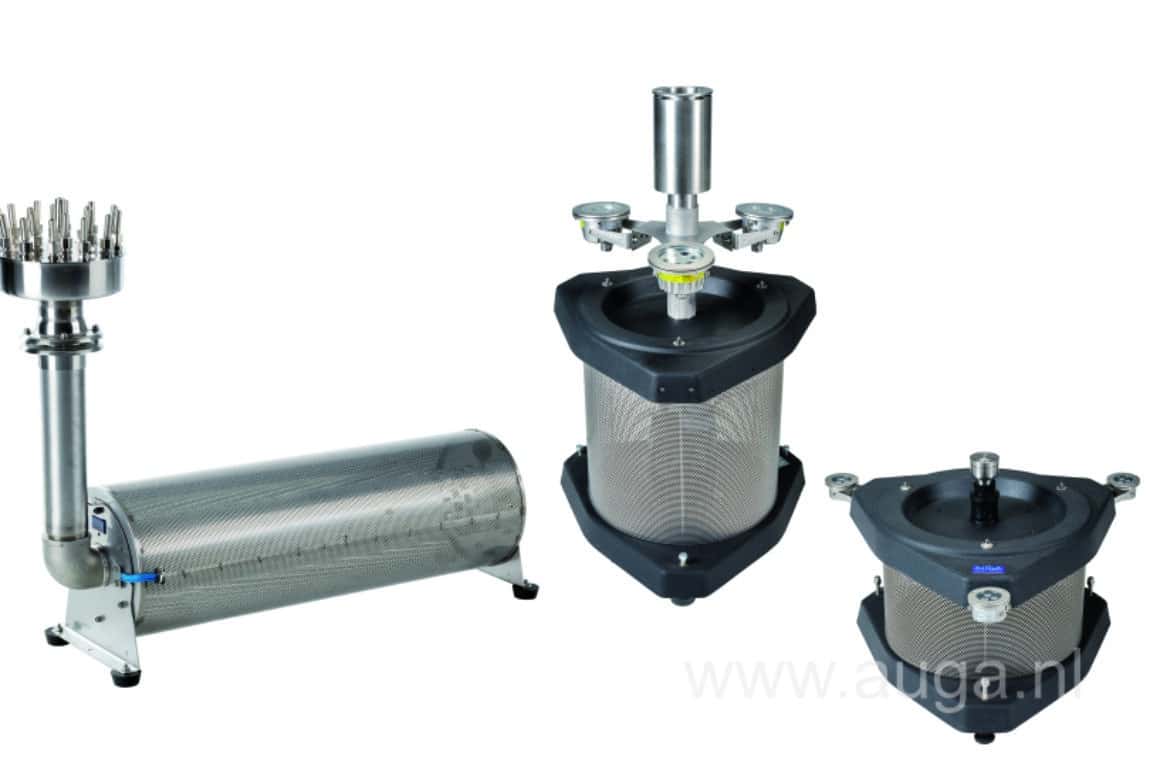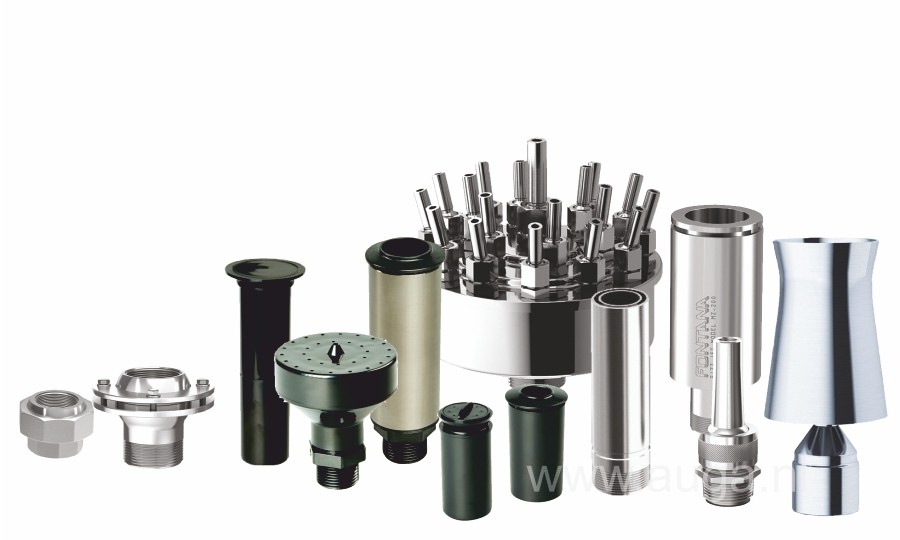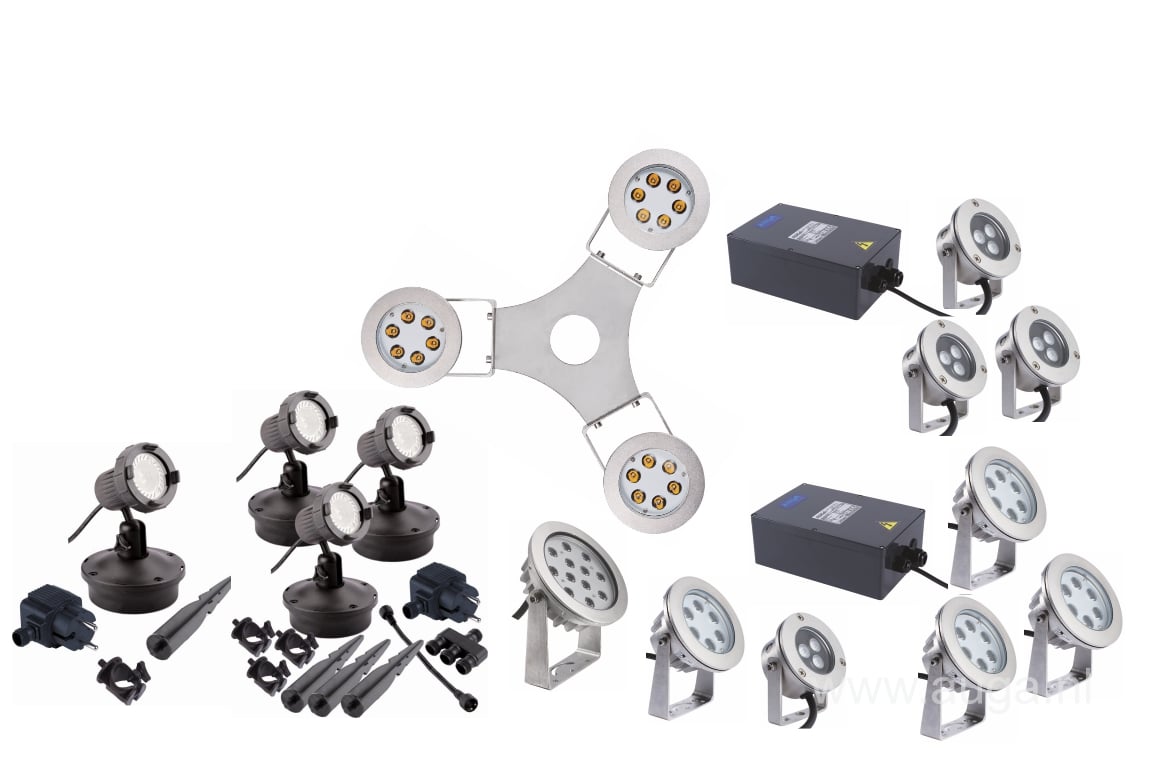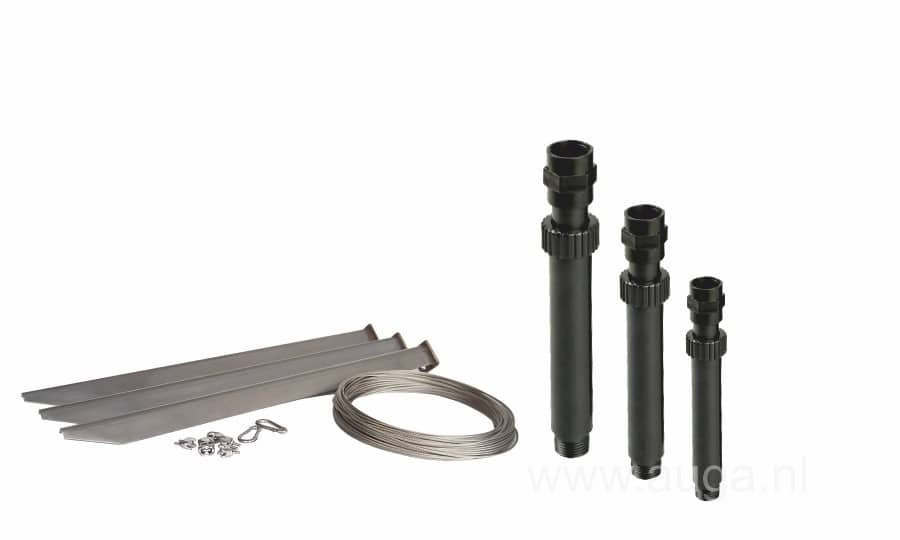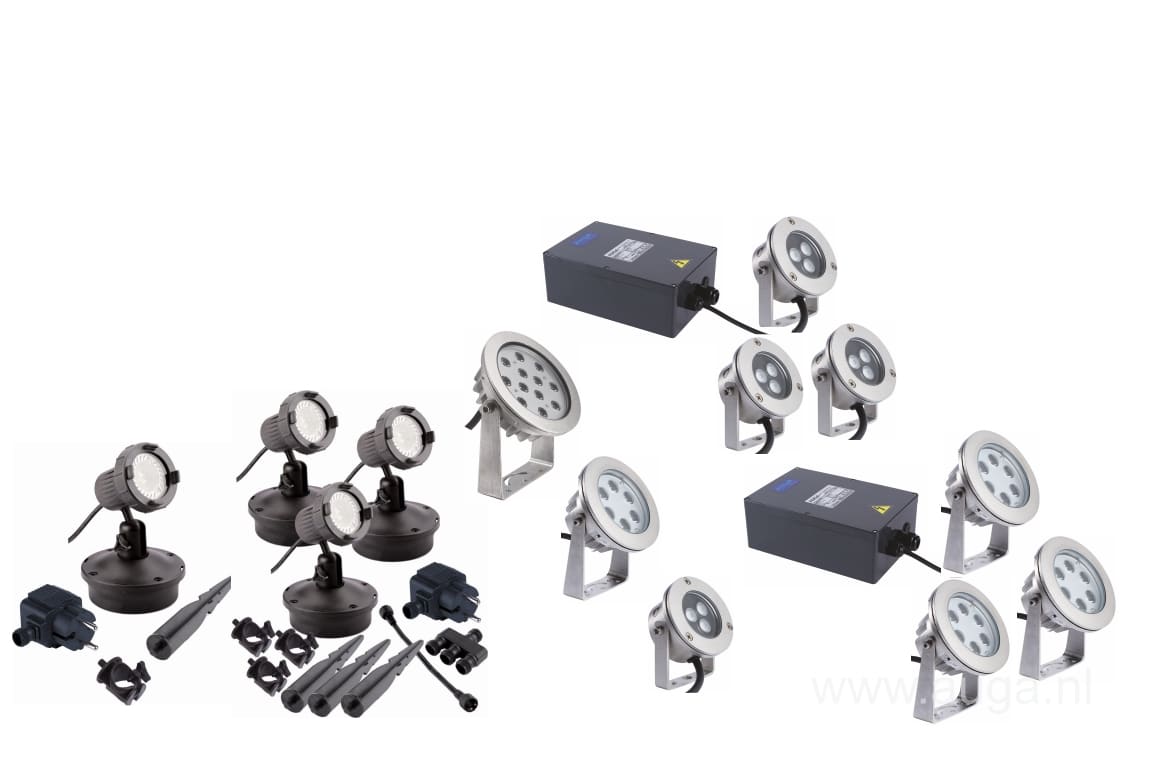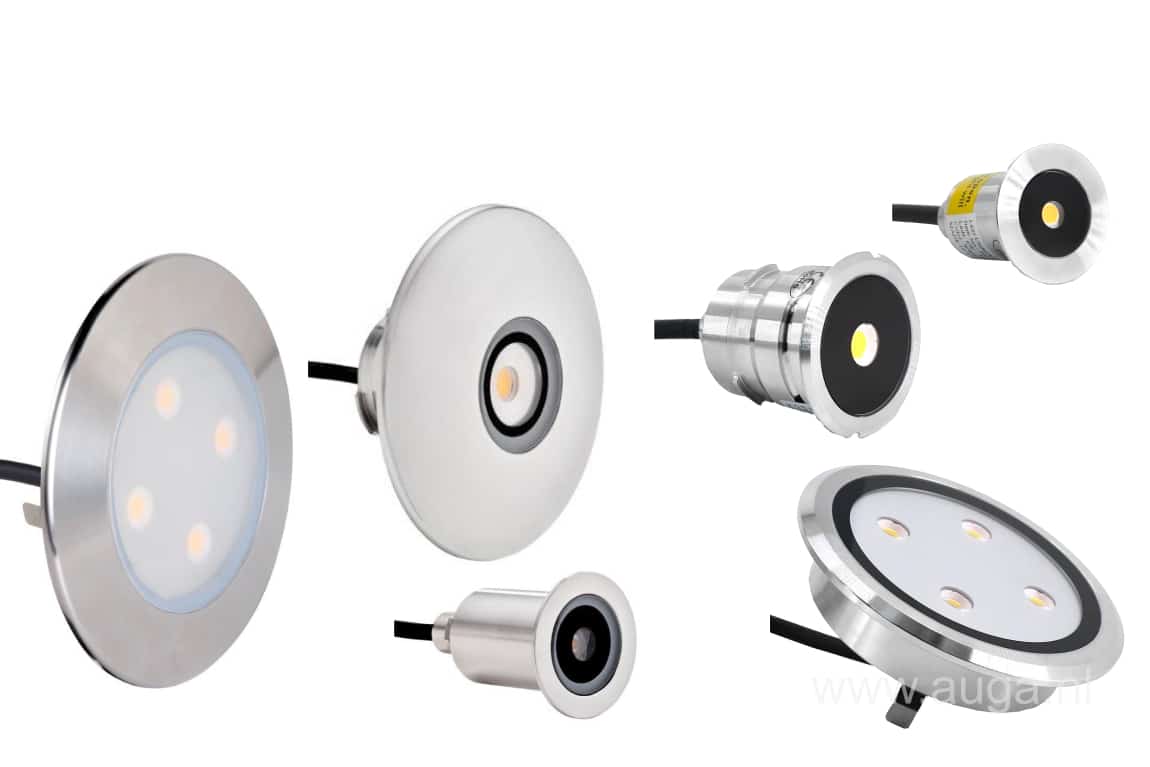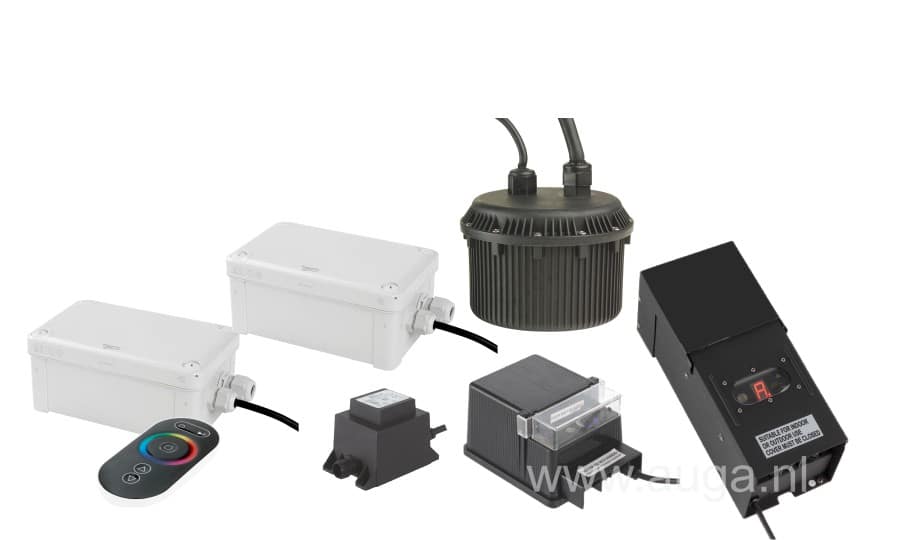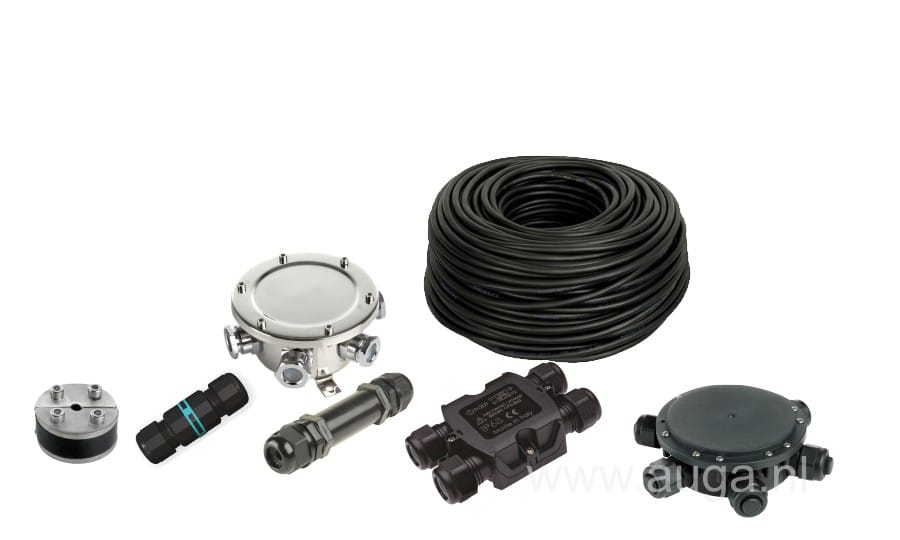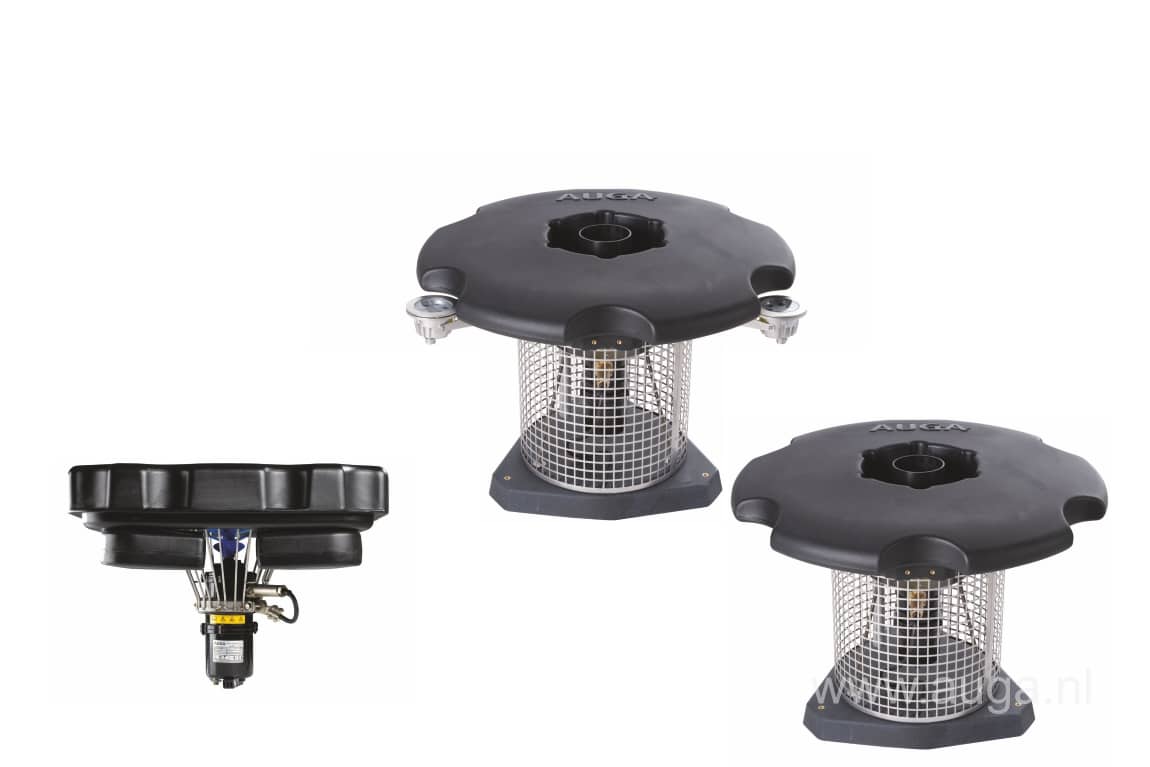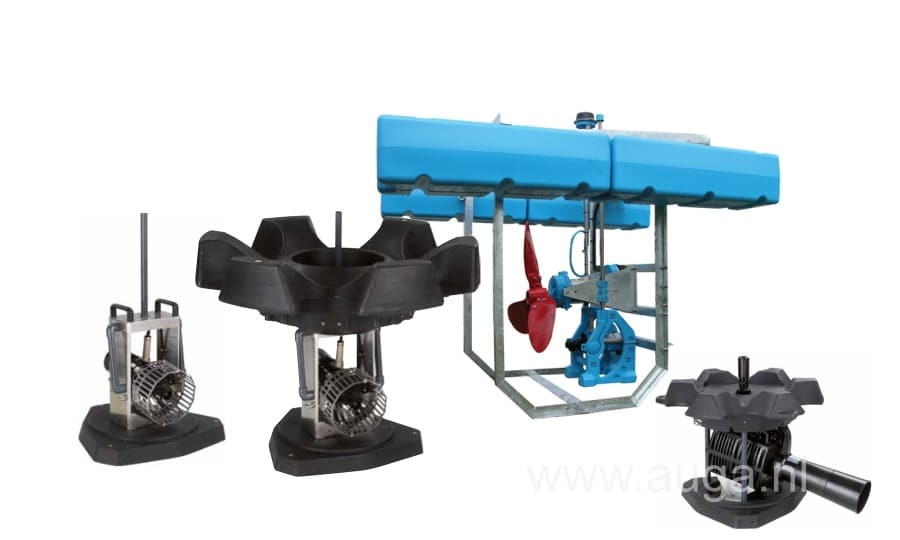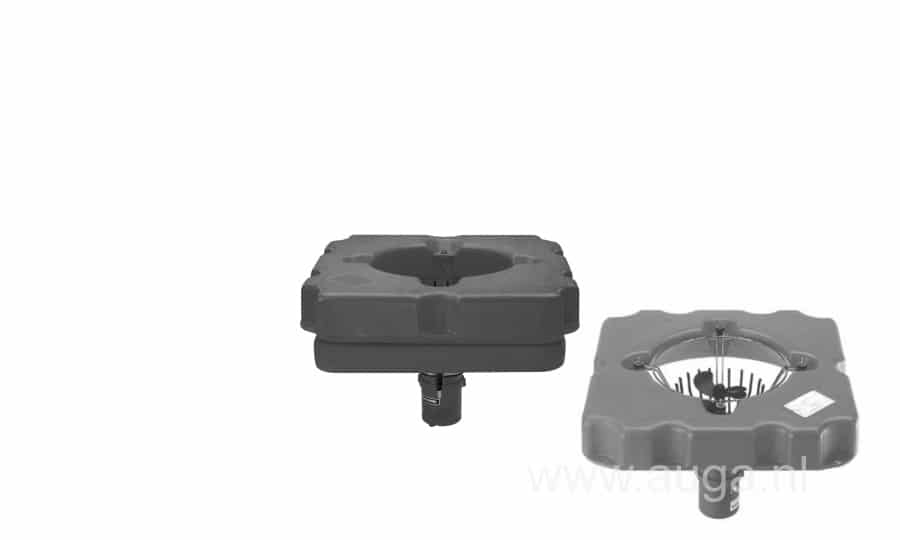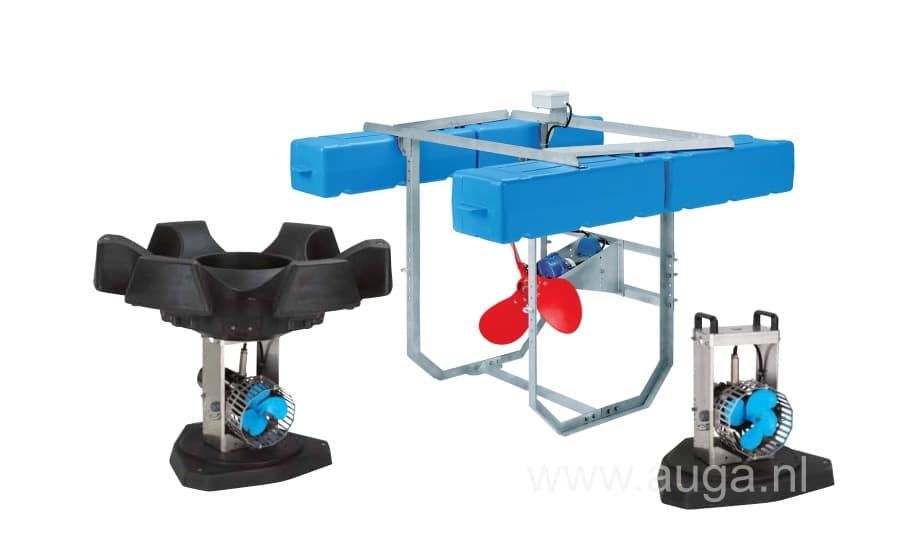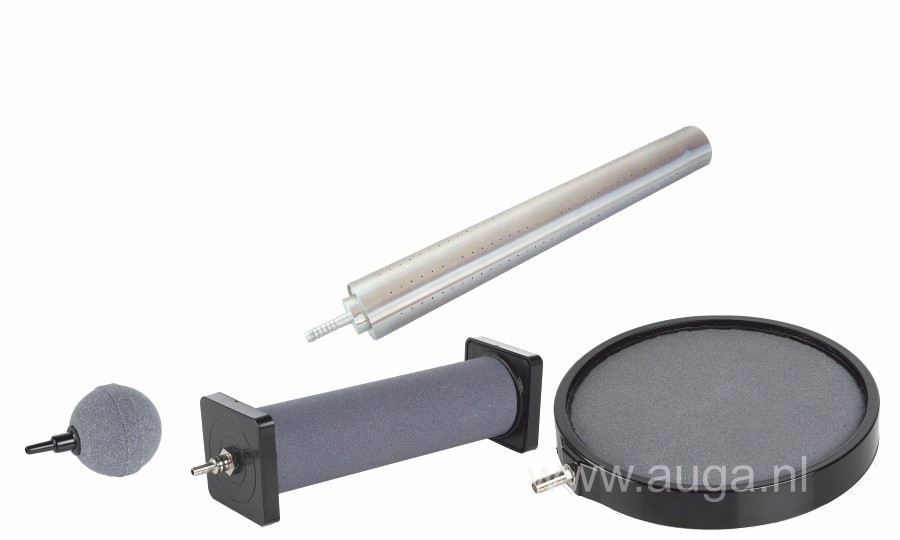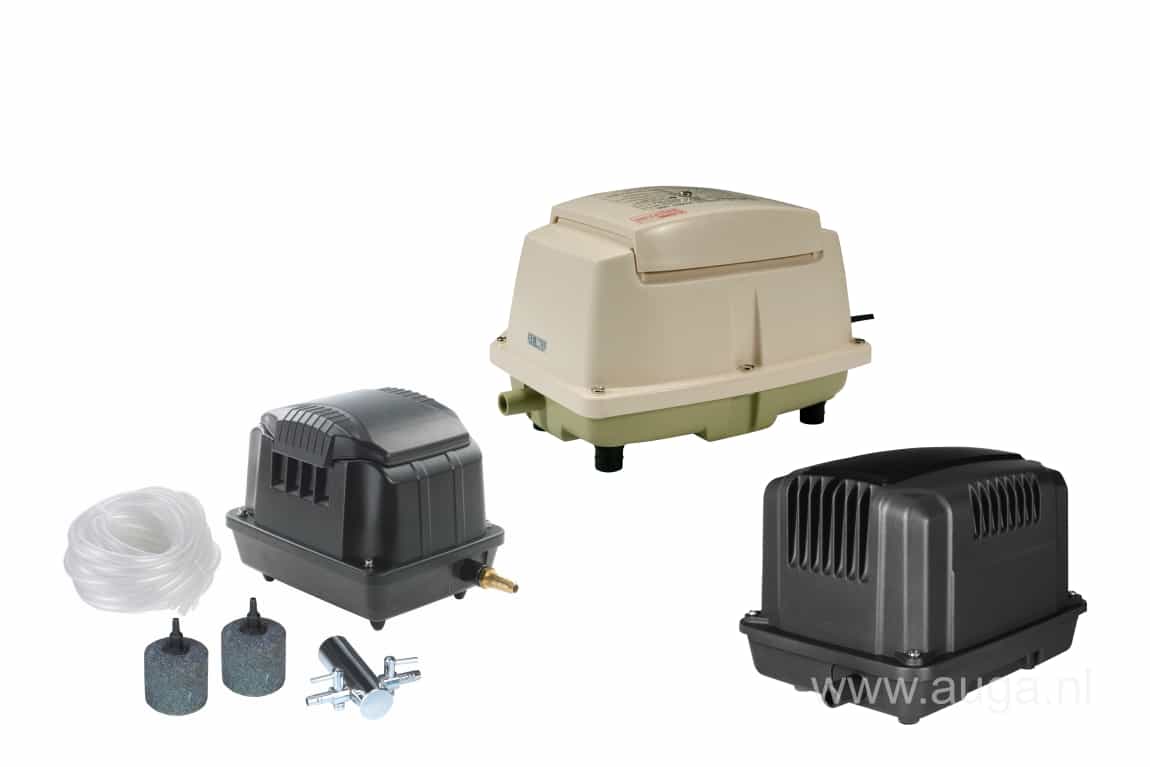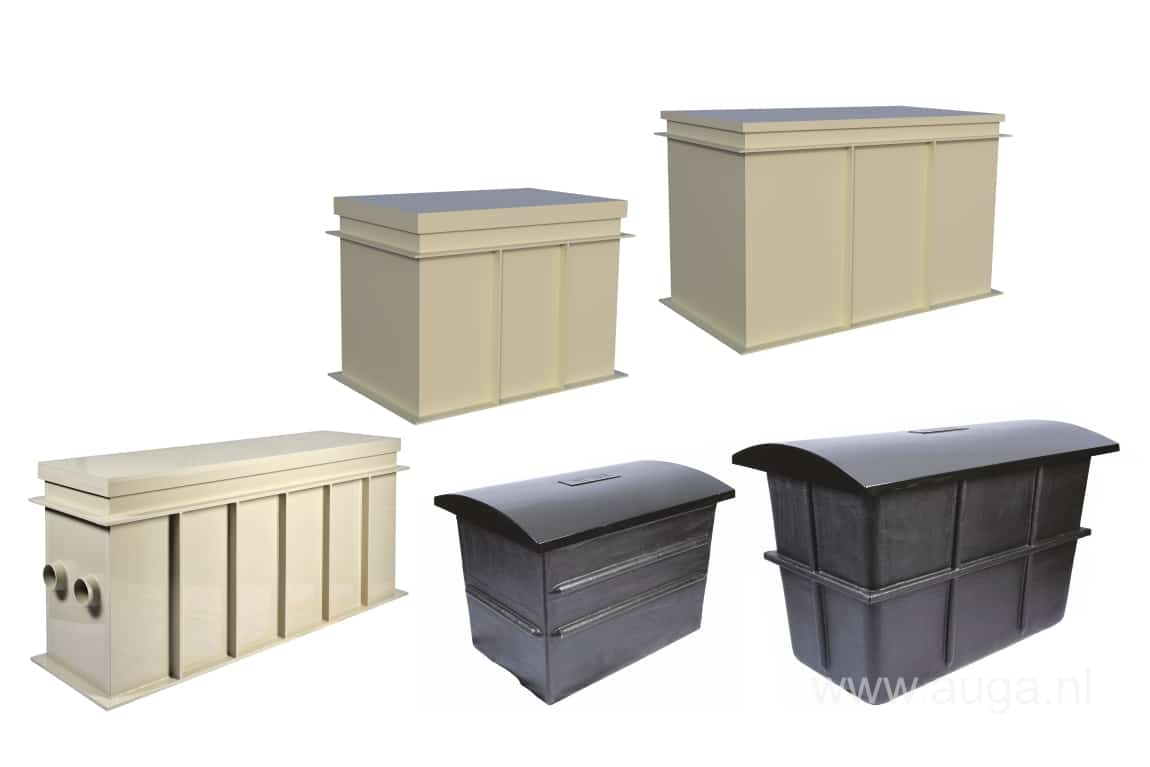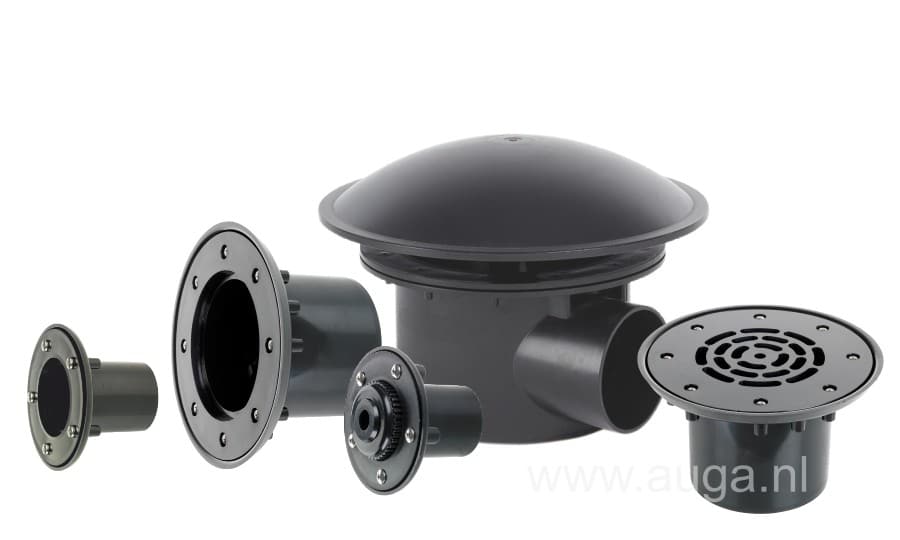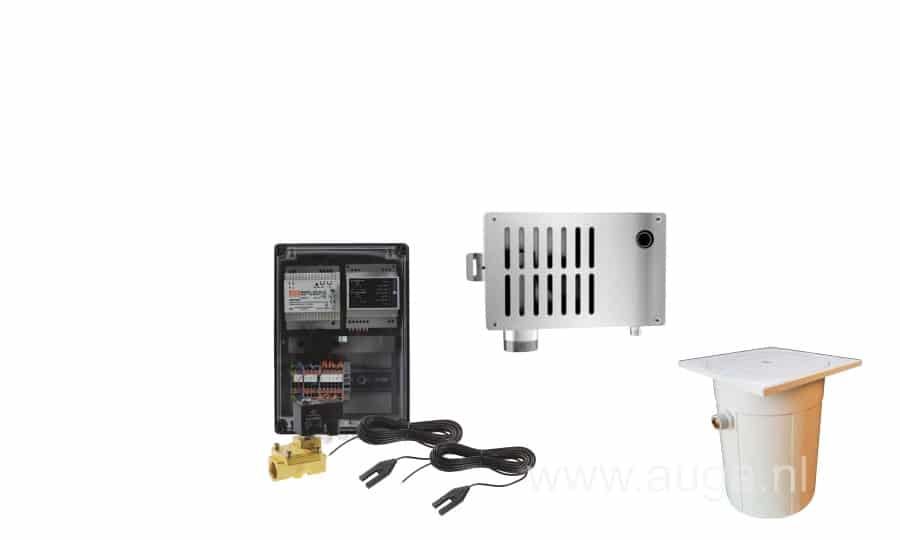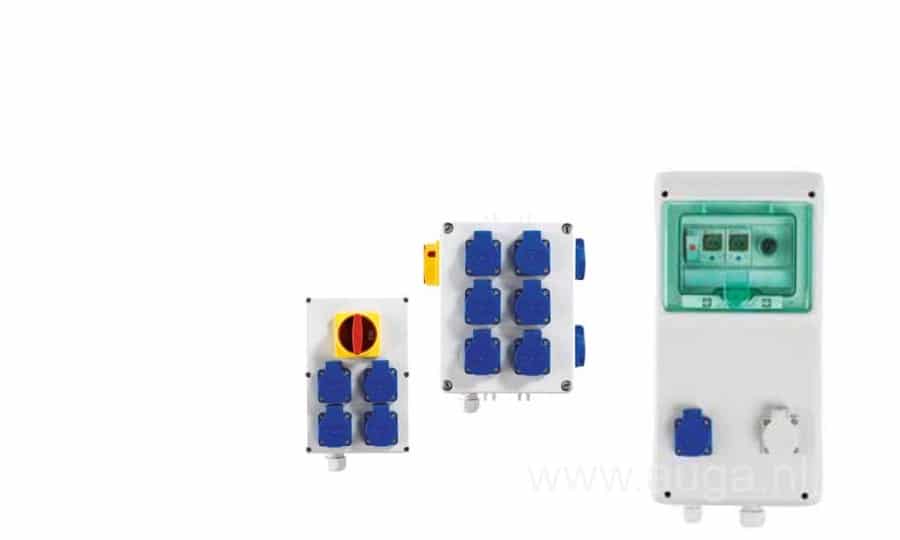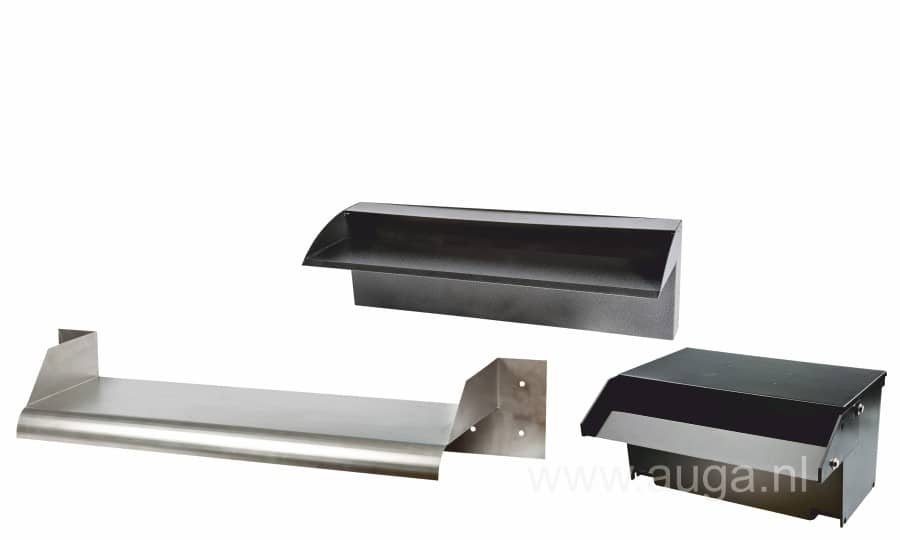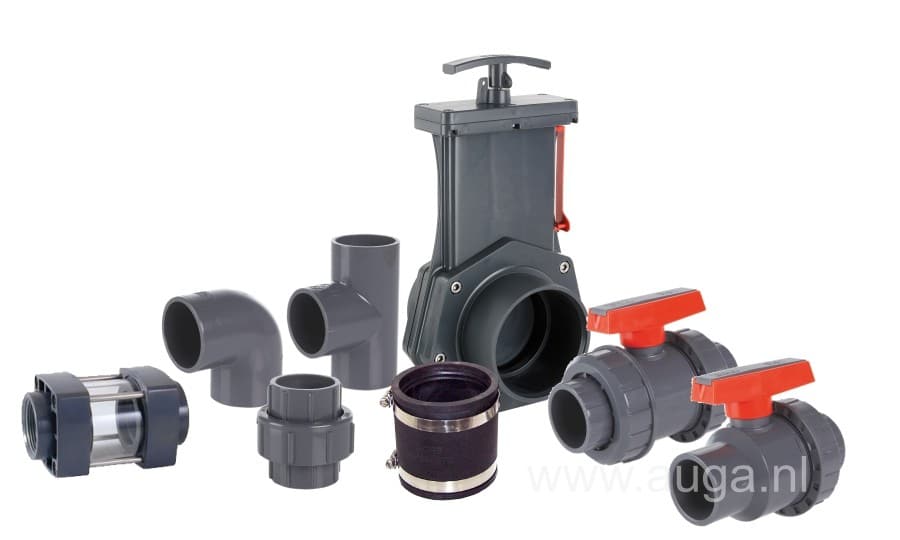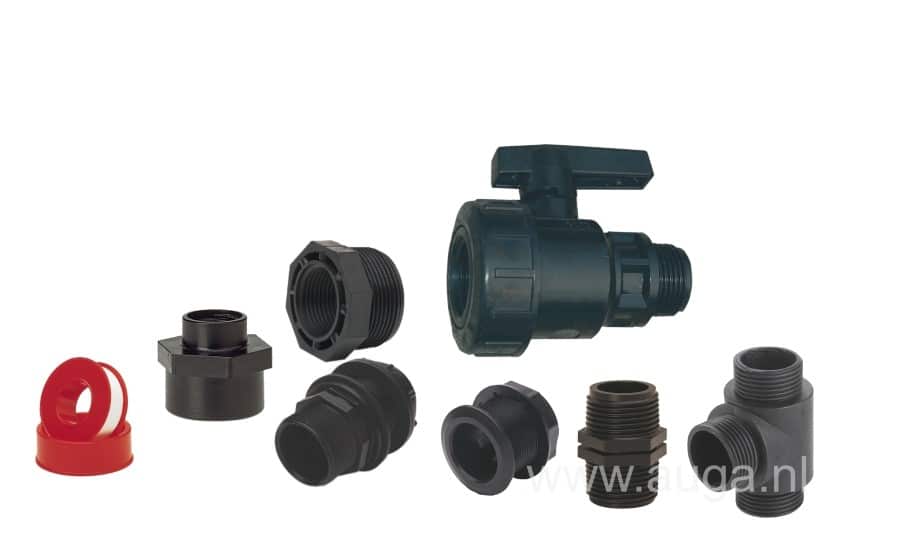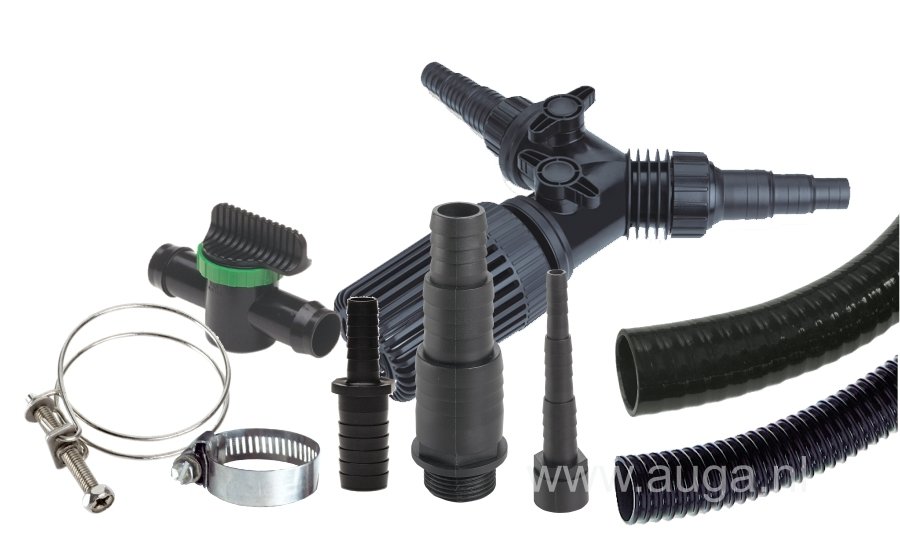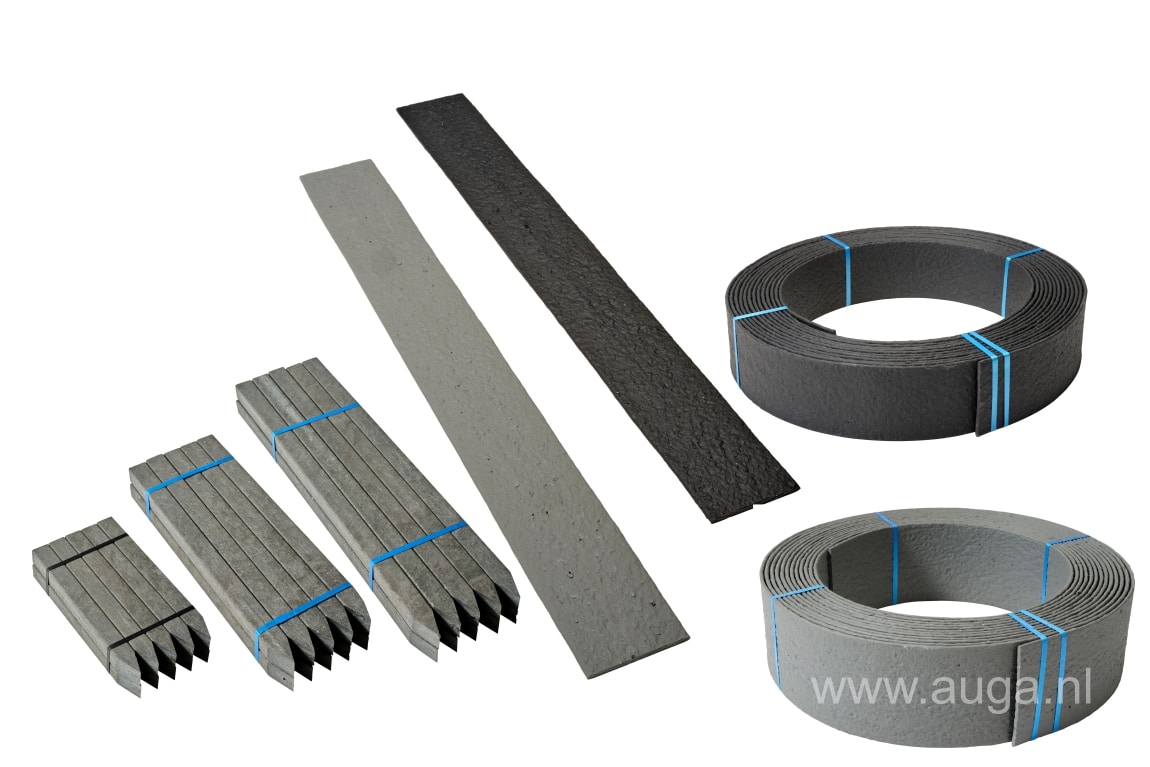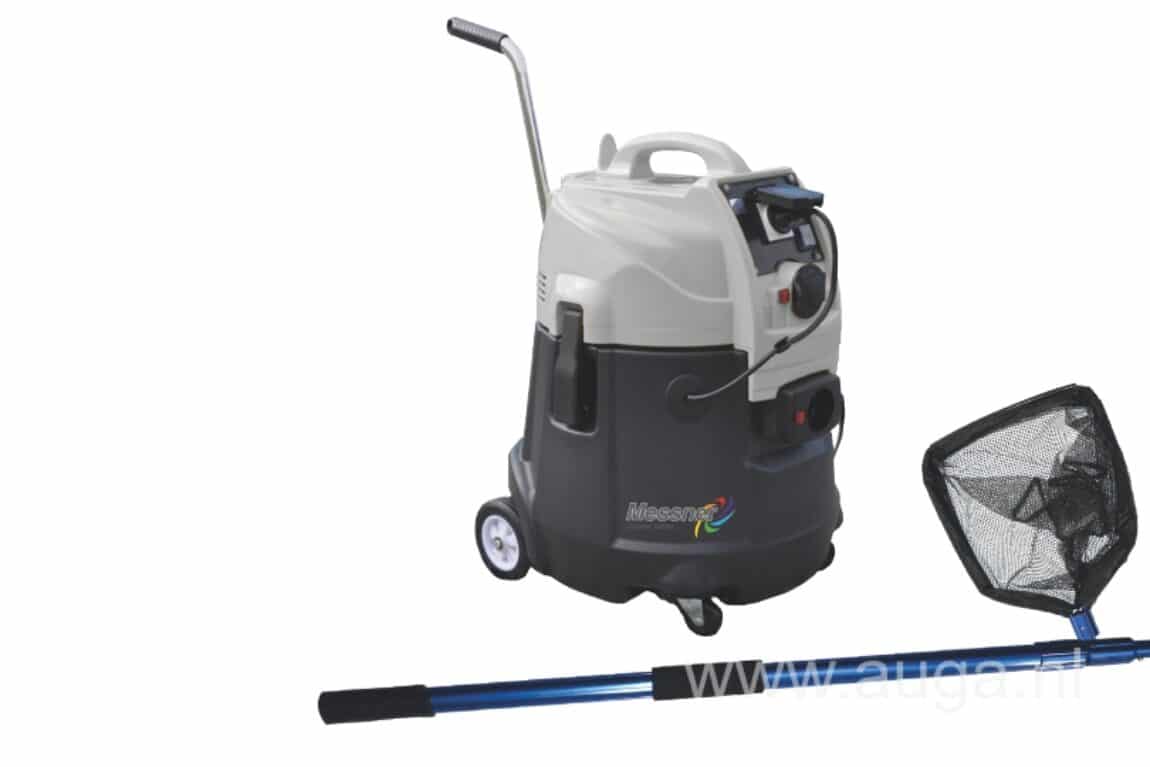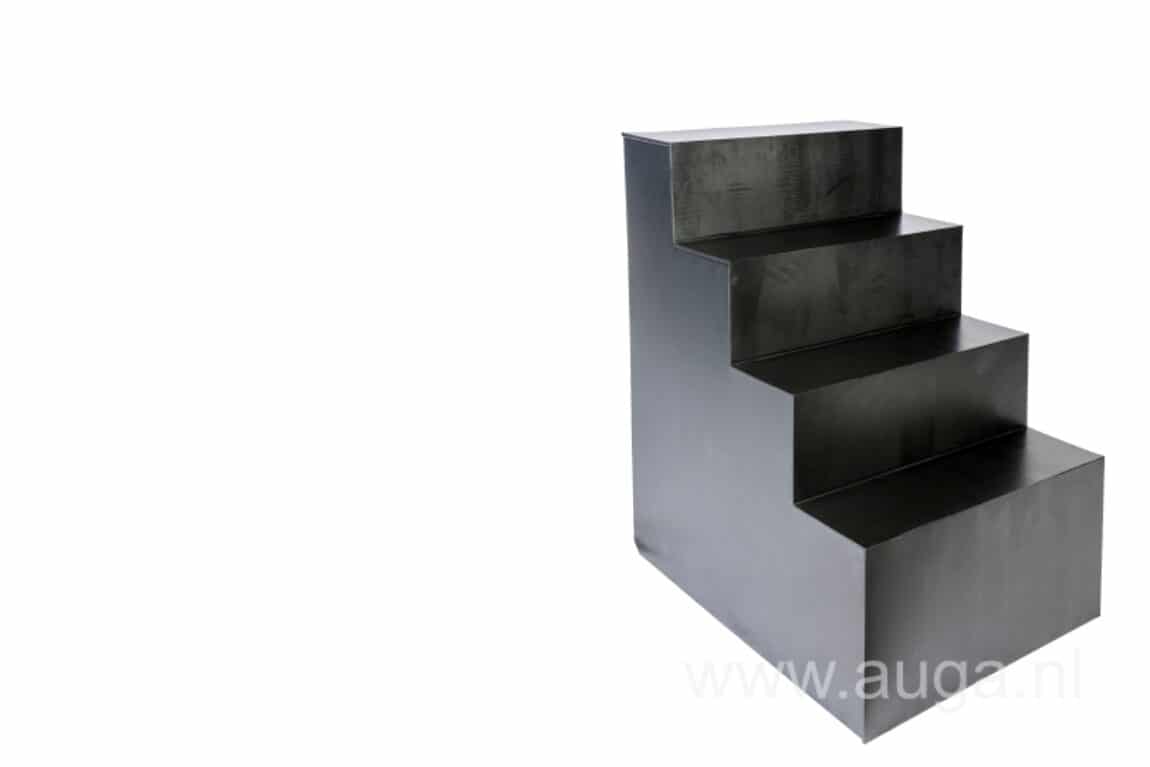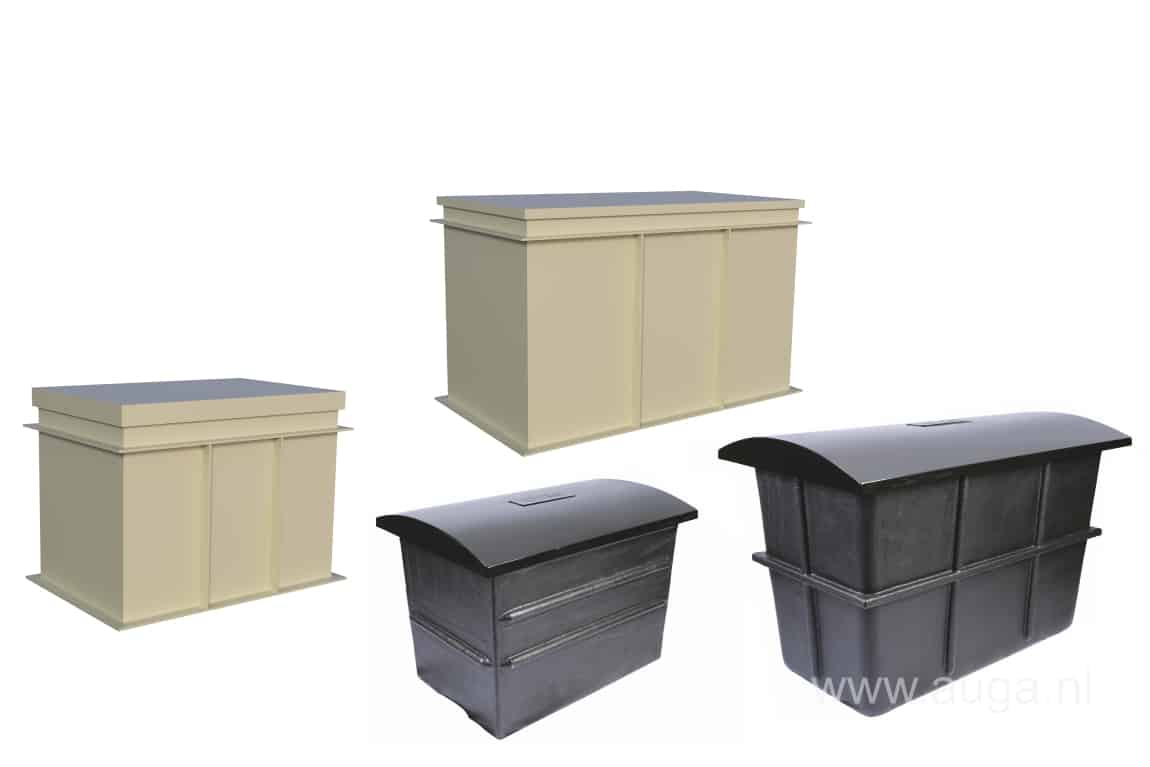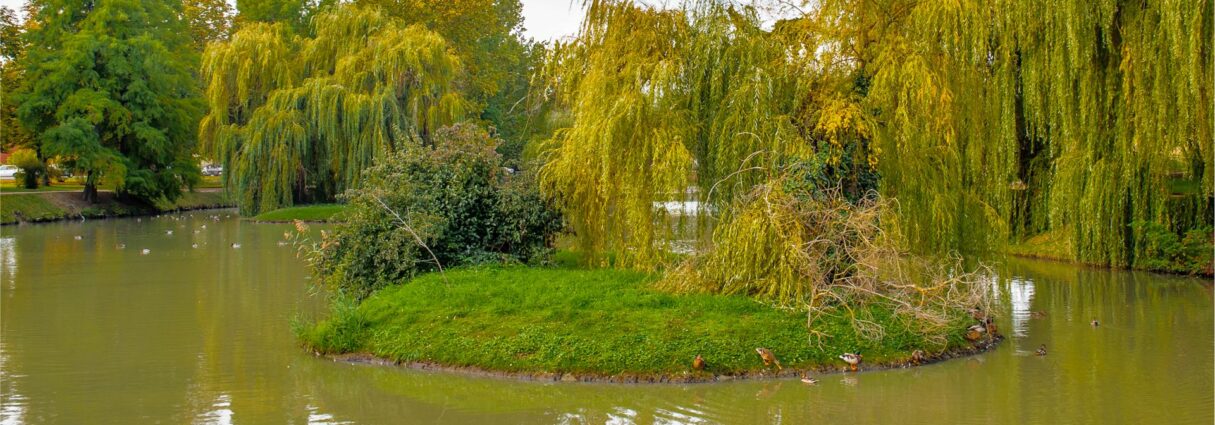Combatting algae
Do you have algae in your pond? Don’t panic. Different kinds of algae exist, and most of them hardly cause any problems. There are a few however that are a nuisance, in particular the microscopic algae and green algae.
Microscopic floating algae
Microscopic floating algae float freely in the water and cause it to turn green. High amounts of phosphate are favourable for the growth of this microscopic green algae. Micro algae in ponds can be combatted with a UV-c device. The effect of UV-c devices on green water is a well proven concept. A UV-c device is always used in combination with a pond pump and pond filter, enabling the filtering of dead algae. Pressure filters are particularly suitable for this purpose, as it combines a filter and UV-c device in a single solution.
Green algae
Green algae thrive when phosphate levels are low. They do not float in water, but rather attach themselves to surfaces such as walls, the bottom and stones. This means the water cannot carry them to the filter. The phosphate threshold value lies around 0.035mg/l. If this threshold is surpassed even slightly, excessive growth of algae can be the result. As the green algae integrate the phosphate into their bio mass, it may occur that phosphate cannot be detected in the water despite the excessive presence of green algae. Another problem? When these algae die, they release the phosphate back into the water, which may very well result in new growth of algae. This problem is solved with a phosphate filter.
Red algae
Red algae hardly ever appear in garden ponds. And if they do, they are found in shallow water and small puddles. We don’t need to worry about this variety, as this type of algae disappears on its own.
Brown algae
Brown algae occurring in your (swimming) pond are diatoms. They often form a rather solid brown layer, attached to pond walls, steps, plants, stones and wood. Brown algae require minimal nutrients or light and can survive in deep water. They thrive on stagnating growth of water plants and extract nutrients from small quantities of phosphates. For this problem too, a phosphate filter and improving plant growth is the solutions for combatting brown algae.
Improving plant growth
Pond plants play an important part in the natural balance in ponds. They prevent algae problems by extracting nutrients from the water. This is why your pond needs a variety of sufficient and fast-growing pond plants.


